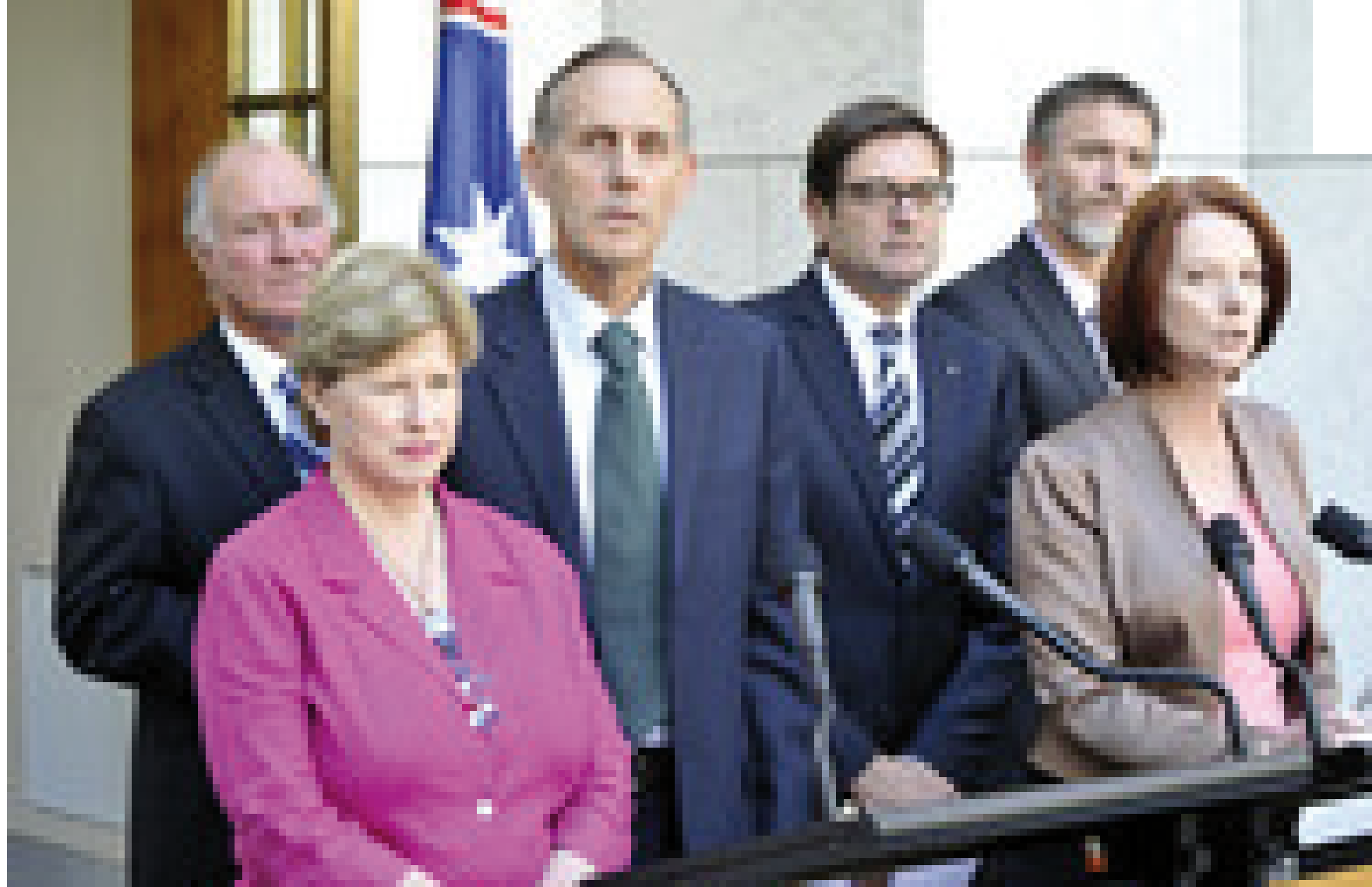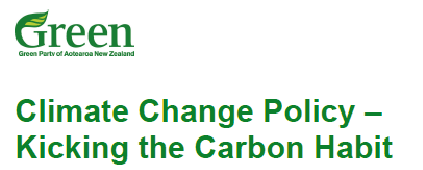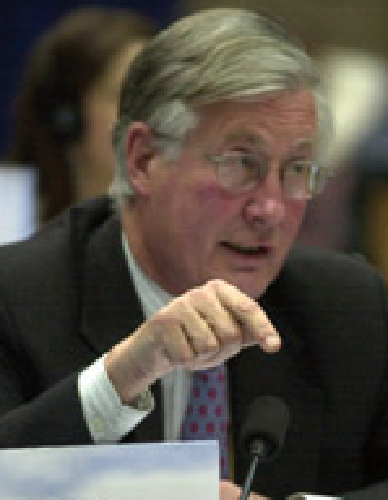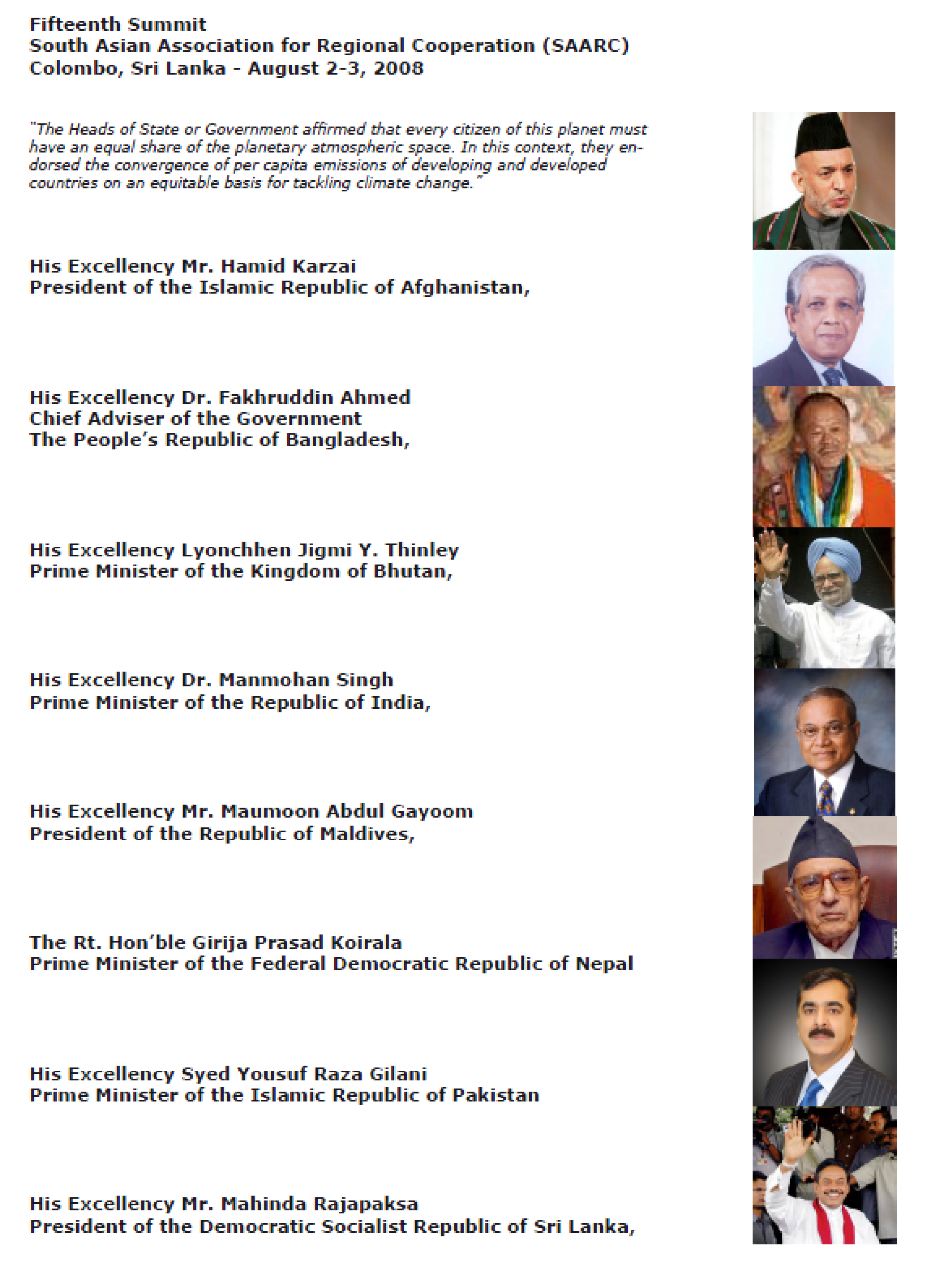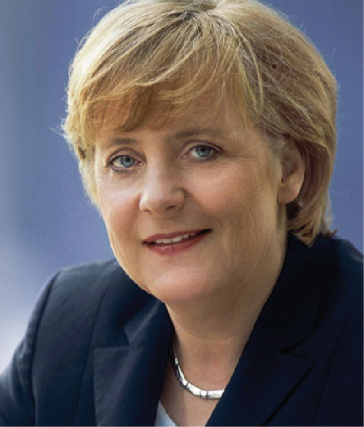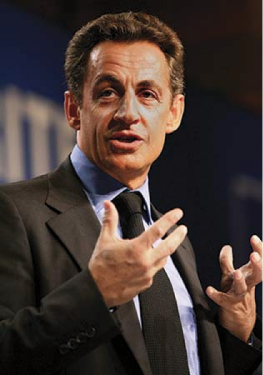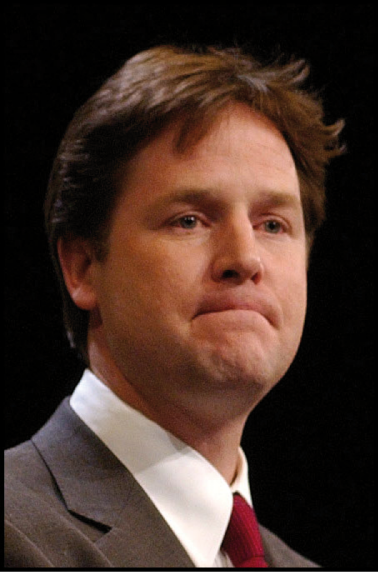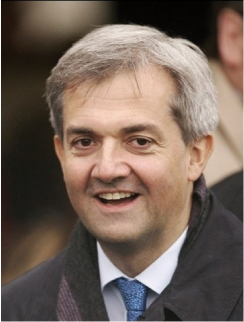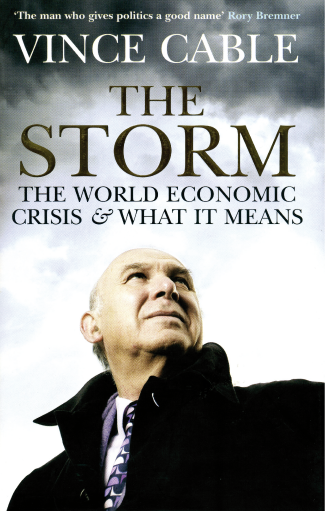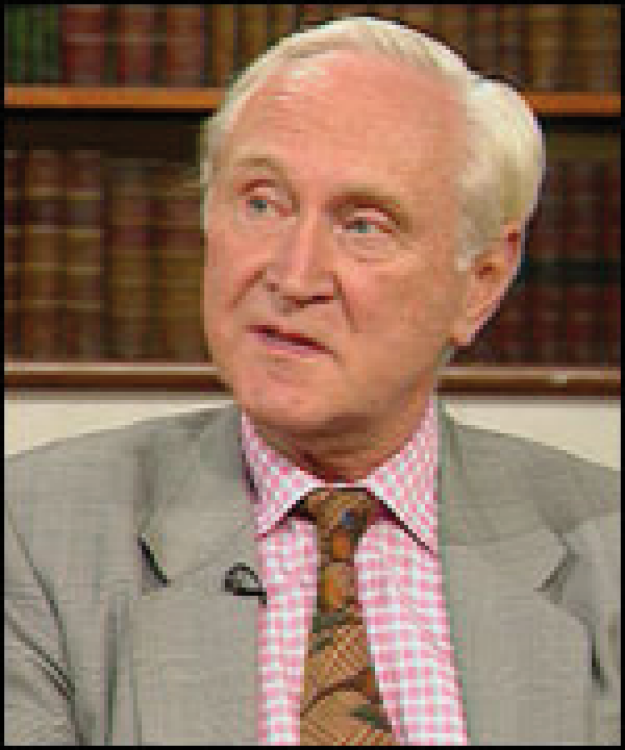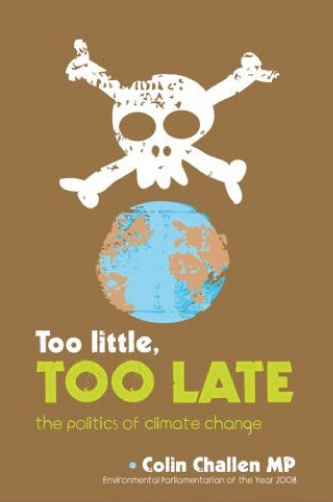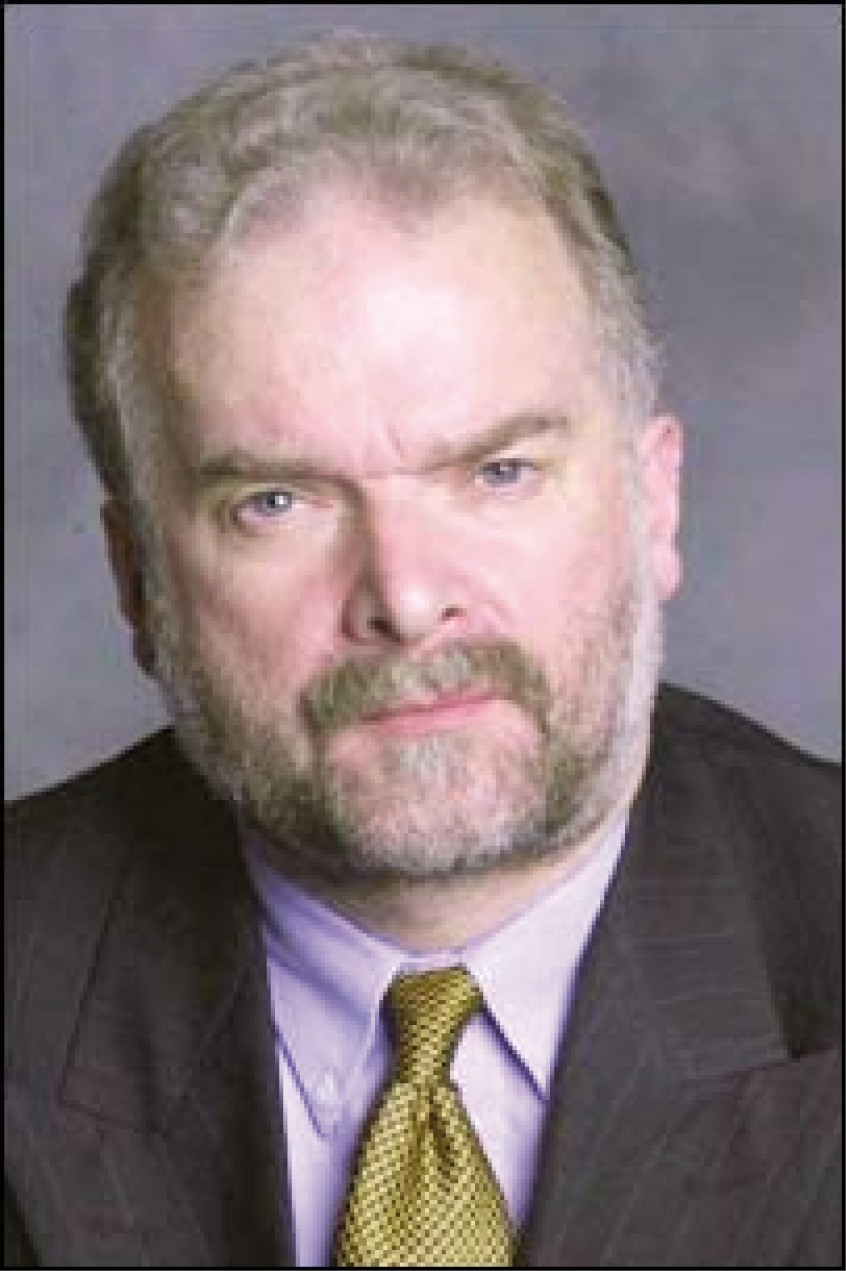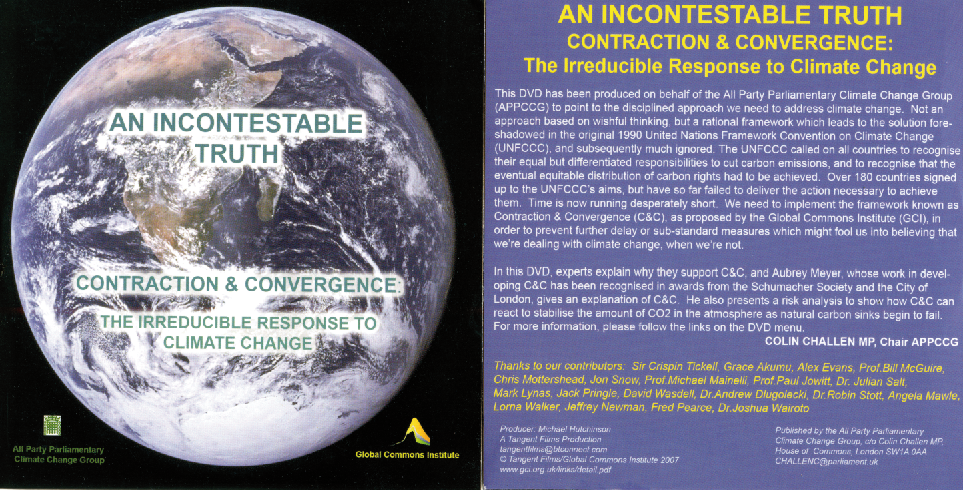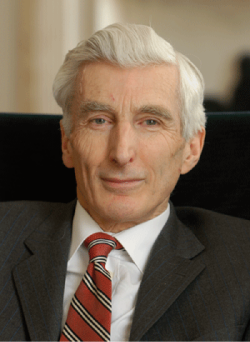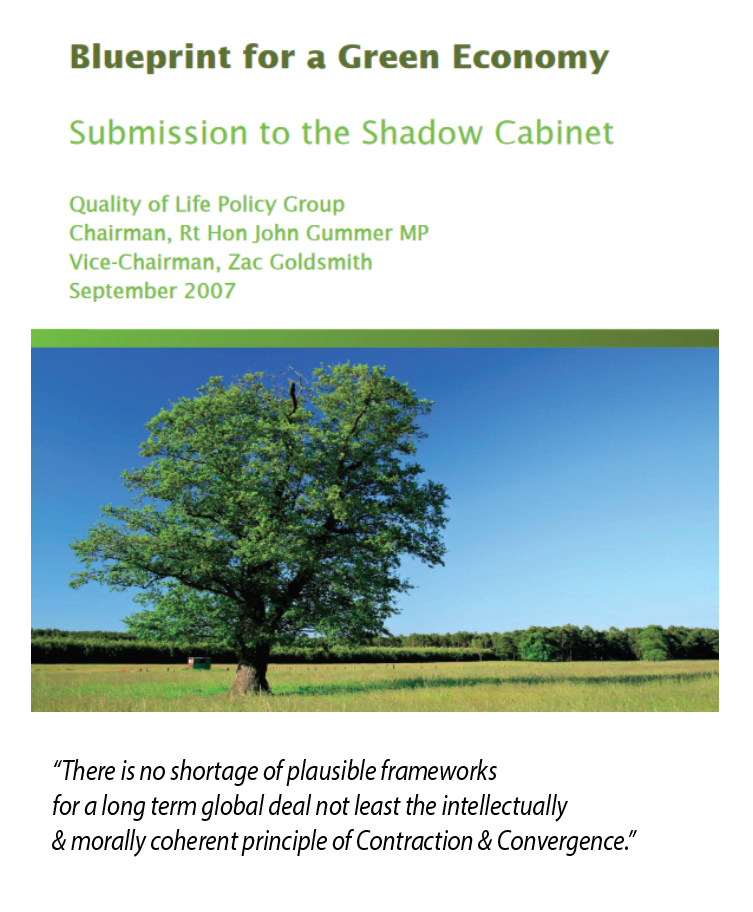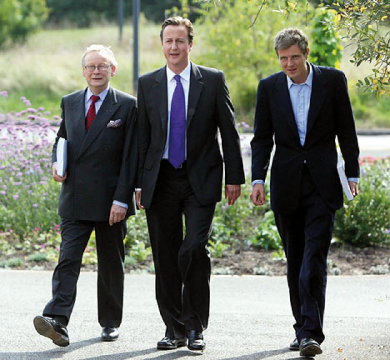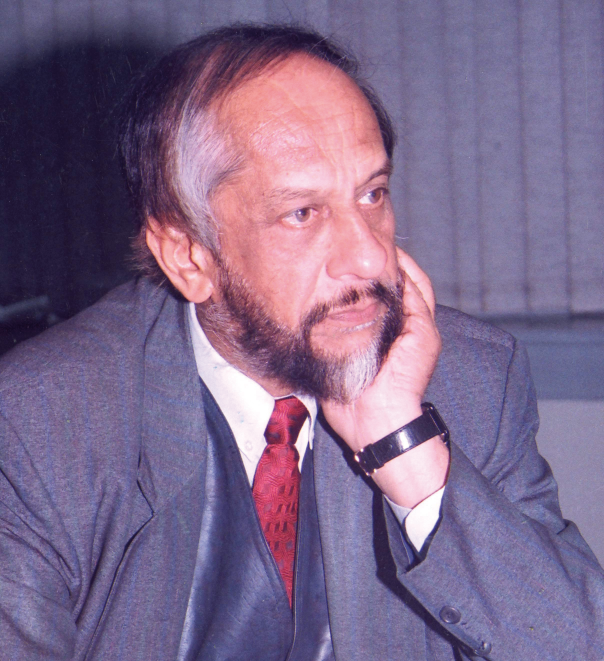Dear Chris
UNFCCC-compliant Global Climate Change Framework
We all face an increasingly urgent situation with the threat of runaway rates of climate change occurring and the persistent failure to come to terms internationally to deal with this. COP-15 was another example of this and the odds for COP-16 appear no better as things stand.
So we write to you with the request to convene a high-level public meeting to focus on this predicament and the international need to establish a UNFCCC-compliant Global Climate Change Framework to redress this threat as soon as possible.
Contraction and Convergence is a prime example of this. It is a rational formulation for reconciliation of 'Climate Justice without Vengeance'. With the growing support for this approach internationally, we specifically note the positions taken in the UK context by: -
- The RCEP in 2000 that, "The government should press for a future global climate agreement based on the contraction and convergence approach [C&C], combined with international trading in emission permits. Together, these offer the best long-term prospect of securing equity, economy and international consensus."
- The UNFCCC Executive at COP-9 [2004] - achieving the objective of the UNFCCC,
"inevitably requires contraction and convergence".- The Liberal Democrat party that, "an agreement must be based on reducing emissions overall, while equalising emissions between the developed and developing worlds – the principle of contraction and convergence."
- Yourself and what you called the "morally compelling logic" of C&C.
- The All Party Parliamentary Group on Climate Change in the previous parliament.
- The UK Climate Act, which Adair Turner effectively characterised as C&C in evidence to the EAC and DECC select committees last year saying that converging to equal per capita entitlements globally is the only option that is, "doable and fair" for organising and sharing the full-term emissions-contraction-event to bring us to UNFCCC-compliance and that "if, for reasons of urgency the rate of global contraction has to be accelerated, for reasons of equity the rate of international convergence has to be accelerated relative to that."
Several ideas derived from C&C have surfaced since Kyoto with ideas that can be perhaps in various ways incorporated into C&C. However, there is an overwhelming need for an over-arching UNFCCC-compliant Framework that enables the globally competing interests of the over-consuming and the under-consuming to be reconciled with each other and with the objective of the UNFCCC in a non-random manner.
We feel that C&C is the veteran and indeed the apex example of this and urge you to consider our request. At Kyoto in December 1997 and shortly before they withdrew from these negotiations, the USA stated, “C&C contains elements for the next agreement that we may ultimately all seek to engage in.”
The adversarial reasons for their withdrawal then were in play again at COP-15: -
C&C answers this in a unifying and constitutional way and the need for this answer becomes increasingly critical.
With best wishes
Yours sincerelyColin Challen
Former Chair UK All Party Parliamentary Group on Climate Change
Professor Sir Tom Blundell FRS, FMedSci,
Department of Biochemistry, University of Cambridge,
Former Chairman of the Royal Commission on Environmental Pollution
Professor Peter Guthrie OBE
Professor in Engineering for Sustainable Development in the UK
Fellow of St Edmund's College Cambridge
Professor Martin Rees
Trinity College Cambridge
Sir John Houghton
President, John Ray Initiative
Professor Sir Roger Penrose, OM, FRS
Emeritus Rouse Ball Professor of Mathematics University of Oxford
Michael Hutchinson
CEO Tangent Films
The Rt Revd & Rt Hon Richard Chartres KCVO DD FSA
Bishop of London
Anthony J. McMichael, MBBS, PhD
Professor and NHMRC Australia Fellow National Centre for Epidemiology & Population Health
ANU College of Medicine, Biology and Environment
Australian National University
Honorary Professor of Climate Change and Human Health, University of Copenhagen
Ruth Reed
President Royal Institute of British Architects [RIBA]
Sunand Prasad
Former President of RIBA
Maneka Gandhi
Member of Parliament India
David Wiggins
Wykeham Professor of Logic, Emeritus, Oxford University
Lord David Puttnam
Film Producer
Jack Pringle
PPRIBA Hon AIA FRSA Dip Arch BA(hons)
Partner Pringle Brandon LLP; Director WIRED architects Ltd
Chair Article [25] (UK reg. charity 1112621 for Development and Disaster Relief)
Vice Chair Construction Industry Council (CIC)
Council Member International Union of Architects (UIA)
Past President Royal Institute of British Architects (RIBA)
Commandeur Des Arts et Lettres
Sir John Harman FRSA Hon FICE, FIWEM, FIWM, FSE, DCL
Professor Aubrey Manning, OBE,FRSE
Emeritus Professor of Natural History, University of Edinburgh
Tim Livesey
The Archbishop of Canterbury's Secretary for Public Affairs
Sir Crispin Tickell
Director Policy Foresight Programme Oxford University
Professor Sir Michael Marmot MBBS, MPH, PhD, FRCP, FFPHM,FMedSci
Director, UCL International Institute for Society and Health
MRC Research Professor of Epidemiology and Public Health, University College London
Chairman, Commission on Social Determinants of Health
Chairman, Department of Health Scientific Reference Group
Professor Sir Andy Haines
Director, London School of Hygiene & Tropical Medicine, London WC1E 7HT
[in a personal capacity]
Professor Brendan Mackey
The Fenner School of Environment & Society
The Australian National University
* Member, IUCN Council (Oceania Regional Councilor)
* Member, Earth Charter International Council
Professor David Orr Environmental Studies and Politics Oberlin College and James Marsh Professor at the University of Vermont.
Alistair Woodward
Head of the School of Population Health, University of Auckland
Dr Nigel Woodcock
Reader, Department of Earth Sciences, University of Cambridge
Roger Arthur Graef OBE
criminologist and film-maker
Professor Bill McGuire
Director, Aon Benfield UCL Hazard Research Centre
University College London
Lord Anthony Giddens
Professor Emeritus LSE
Susan Richards
non-executive director and founder of openDemocracy
John Carstensen
Chief Executive Officer Society for the Environment
Professor Mark Swilling
Sustainability Institute, School of Public Management and Planning
Stellenbosch University, South Africa
Lynne Jackson
Coastal & Environmental Consulting
Cape Town, South Africa
Dr David Pencheon
Director - NHS Sustainable Development Unit (SDU)
Professor Anthony Costello FMedSci,
Director UCL Institute for Global Health
Tom Spencer
Vice Chairman, Institute for Environmental Security
Dr Mayer Hillman
Senior Fellow Emeritus Politcy Studies Institute
Susan George
President of the board of the Transnational Institute
Alex Kirby
Former BBC News environment correspondent
Professor Tim Jackson
Sustainable Development Surrey University
Director of the Research group on Lifestyles, Values and Environment
Professor William E. Rees, PhD, FRSC
UBC School of Community and Regional Planning, Vancouver, BC, CANADA
Jeremy Leggett
Chairman Solar Century
Andrew Dlugolecki
UK Climate Change Committee Member, Sub Committee on Adaptation
The Hon. Tom Roper
Board Member, Climate Institute, Washington DC
Adam Poole
The EDGE UK
Professor Lord Smith of Clifton
Peter Head,
Chairman of Global Planning Arup.
Linda Rosenstock MD, MPH
Dean, UCLA School of Public Health
Former Director, U.S. National Institute for Occupational Safety and Health
Professor Alan Maryon-Davis
President, UK Faculty of Public Health
John Guillebaud
Emeritus Professor of Family Planning & Reproductive Health, UCL
Professor Hugh Montgomery
Director, UCL Institute for Human Health and Performance
Dr Robin Stott
Director of the Climate and Health Council
Emeritus Professor Brian Moss
University of Liverpool
Steven Earl Salmony
AWAREness Campaign on The Human Population [estab. 2001]
Robert Costanza
Gordon and Lulie Gund Professor of Ecological Economics
Director, Gund Institute for Ecological Economics
Rubenstein School of Environment and Natural Resources
The University of Vermont
Jenny Griffiths OBE,
Member, Climate and Health Council
Tim Helweg Larsen
Director Public Interest Research Centre
Jonathon Porritt
Forum for the Future
Sara Parkin,
Founder Director, Forum for the Future
Lorna Walker
CABE
Dave Hampton
Carbon Coach MA (Cantab) C Env C Eng FCIOB,
Society for the Environment Board Member, The Edge,
RIBA Sustainable Futures, Superhomer, Transition Town Marlow Founder
Leslie Watson
Director Sustainability South West
Nick Reeves
Executive Director CIWEM
Professor Ernst Ulrich von Weizsäcker PhD
Lead Author, Factor Five, Former Chairman of the German Bundestag's Environment Committee
Professor Robert B. Whitmarsh
School of Ocean and Earth Science, National Oceanography Centre, SOUTHAMPTON
Patrick Ainley
Professor of Training and Education, University of Greenwich
Michael H. Glantz,
Director CCB (Consortium for Capacity Building)
INSTAAR University of Colorado
Antonio Sarmiento G
Instituto de Matemáticas, UNAM México
Tim Smit
Director of the EDEN Project
Ulrich Loening
Former Director of the Centre for Human Ecology
Paul Allen
External Relations Director of the Centre for Alternative Technology
Dr Richard Horton
Editor in Chief Lancet Magazine
Fiona Godlee
Editor in Chief British Medical Journal
Dr Jean-Baptiste Kakoma
Rwandan School of Public Health
Ian Roberts
Professor of Epidemiology and Public Health LSHTM
University of London
Sarah Walpole, BSc, MBChB,
York District Hospital, UK
Professor Sir Sabaratnam Arulkumaran
President, Royal College of Obstetricians & Gynaecologists, UK
Mr Tim Campbell-Smith MBBS BSC FRCS (Gen Surg)
Consultant colorectal and general surgeon
Mark Thompson
General Practitioner
Dr. Marie-Claire Lobo
Consultant in Public Health Medicine NHS Hampshire
Tony Waterston
Consultant paediatrician (retired)
Chair of Royal College of Paediatrics and Child Health Advocacy committee
Robert Johnstone MSc MInstP MIPEM CEng
Clinical Scientist, London
Professor David Webb
Engineering The Praxis Centre Leeds Metropolitan University
Dr Stuart Parkinson
Scientists for Global Responsibility
Professor Fiona Stanley
Director Telethon Institute for Child Health Research Perth Western Australia
Bhavani Prakash
Founder Eco WALK the Talk.com, www.ecowalkthetalk.com/blog
Professor Andrew Weaver
Canada Research Chair University of Victoria
Dr Tom Barker
Sustainability ecologist, Dept of Ecology, University of Liverpool.
Sean Kidney
Chair, Climate Bonds Initiative
Dr Samuel Bonnett –
Biogeochemist, Institute for Sustainable Water,
Integrated Management and Ecosystem Research,
University of Liverpool.
Dr Peter North,
Senior lecturer, Department of Geography,
University of Liverpool.
Dr Jane Fisher,
Lecturer in Ecology,
Liverpool John Moores University.
Prof Andy Plater,
Director of Oceans and Ecosystems Research Cluster and
Head of Green Economy incubation Network,
University of Liverpool
Romayne Phoenix
London Green Party Campaigns Officer
Penny Kemp - GCI
Jim Berreen – GCI
Dr Richard Lawson
General Practitioner
Mr Mike Zeidler
Chairman, Association of Sustainability Practitioners
John Bunzl
Trustee, International Simultaneous Policy Organisation
Roger Martin
Chair, Optimum Population Trust
Anthony and Anne Wilson
Staffordshire
Marianne McKiggan
Crisis Forum
David Cook
Executive Ambassador the Natural Step
Ian Roderick,
Director of the Schumacher Centre,
lead partner in the CONVERGE project
Michael Herrmann
Senior Lecturer in Sustainability
Kingston University School of Architecture & Landscape
Faculty of Art, Design & Architecture Surrey
Professor Peter Reason
School of Management, University of Bath
John H Crook Phd DSc
Formerly Head of Joint School in Psychology and Zoology
Psychology Department, Bristol University
Francesca Vandelli
Systemic Learning and Development Officer, Health and Social Care Bristol
Tim Malnick
Co-Director Ashridge Masters in Sustainability and Responsibility
Toddington Harper
MD, The Low Carbon Economy Ltd
Dr Nicholas Allott
Postdoctoral research fellow at Centre
for the Study of Mind and Nature, Oslo University
Doug Whitehead
Partner Consulting & Student Bond University
Post Graduate Programme Carbon Management
EnSight Consultancy, Brisbane
Hilary Griffiths
Coordinator of Friends of the Earth, Guildford and Waverley.
Elizabeth Tomlinson
BSc (Econ), ITEC, LLSA, MBNSRTA
Dr Keith Baker
Director, Sustainable Footprints
Keith Taylor
Green MEP
Jean Lambert
Green MEP
Caroline Lucas MP
Tim Yeo MP
Chairman of the House of Commons Energy and Climate Change Committee
Martin Caton MP
Joan Walley MP
Paul Flynn MP
Jo Swinson MP
Rt Hon Michael Meacher MP
UK House of Commons
Dr. Rupert Read
Norwich Green Party and University of East Anglia Philosophy Department
Jenny Jones AM
Green Party Group London Assembly
Darren Johnson AM
Green Party Member London Assembly
Dr Martin Hemingway
Green Party, North West Leeds
James Del-Gatto
Head of CSR - SThree plc
Raja Mitra
Senior executive & Management professional
Stuart Jeffery
Campaigns Officer, Kent Green Party
Andrew Dakers
Spokesperson for Hounslow Borough Liberal Democrats
Meenakshi Subramaniam
UCCK, Kodaikanal
Paul Anderson, PhD
Research Fellow, University of Warwick
John Russell
Chairman Giltbrook Studios, Nottingham
Esther Maughan McLachlan,
Managing Director, Strong Language Ltd.
Stephen Thomson,
Editor, Plomomedia.com
Peter Martin
Research Director CarbonSense
Dave Yates
Newport Friends of the Earth
Dr Michael Taylor
Retired Teacher
Terry Wyatt
Jo Abbess
BSc
Miles Litvinoff
writer
John Cossham
Milena Buchs
Stan Mowatt
Chemistry Teacher
Audrey Urry
Liberal Democrat
Chris Keene
Green Party
Dr Clive R Sneddon
Liberal Democrat
John Dougill
Artist
Tony Burton
Wind Energy Consultant
Tamas Szabados
PhD Maths Dept Budapest University
Rebecca Findlay
Lambeth Green Party & Sustainable Streatham
Brian Orr
Civil Servant
Penney Poyzer
Author and Broadcaster
Jeffrey Newman
Earth Charter
Kate Prendergast
Freelance consultant, member Crisis Forum
Mr Leo Giordano
Homes and Communities Agency
Rev. Canon Peter Challen
Christian Council for Monetary Justice
Alex Lawrie
CEO, Lightweight Community Transport
Chair, The Ecological Land Co-operative
John Whiting
GCT
Sabine McNeill
Green Credit
Dr Alan Bullion
Business Analyst, Informa Agra
Dr. Robert Davis
Steve Wright
Reader Global Ethics, Leeds Metropolitan University
Dr Arvind Sivaramakrishnan
Michael Sackin
Phil Harris
retired Government Grade 7 scientist
Barbara Panvel
Centre for Holistic Studies [India]
Dr Mark Levene
Reader in Comparative History, University of Southampton
Jonathan Ward
MSci, MSocSc, StudentForce for Sustainability
Richard Jordan MA
Nic Lee and Heather Finlay
London
Jim Roland
Liberal Democrat party member
Ashton Shuttleworth
BSc (Dunelm) MSc DipIC DipFM FRGS - Environmental Finance and Consulting
Ben Brangwyn
co-founder Transition Network
Michelle Thomasson
Transition Minchinhampton
Anne Adams
Peter Kent Bsc. Msc
Lib Dem. Town Councillor
Clare Palgrave
Chair; Woking Local Action 21
Scott Ainslie
Susan Chapman
BA (Theol) Retired Teacher
Georgia Meyer
Teacher
Lucinda Cridland
Sophie Rees
Zahra Akram
Laura Mccutcheon
Rhiannon Dorrington
Pippa Bartolotti
Carolyn Kelley Gopalan
Prakash Natarajan
IT Director
Brian Wills
Philip Valentino
The Food and More Project
Owen Clarke
Green Party Torfaen
Ms Mary Scott
Environmental consultant
Angie Zelter
Reforest the Earth
Nina Venkataraman
Liam Proven
Writer - London
Hugh Fraser
Transition Kensington
Jean Vidler
Green Futures Festivals Co Ltd
Ankaret Harmer
Kings Heath Transition Initiative & BrumLETS, Birmingham
Dr Martin Hemingway
Green Party, North West Leeds
Jamie Bull MSc
oCo Carbon
Sheila Freeman
Friends of the Earth London
Reggie Norton MA
Christine Dawson
Artist
Nicola Wareing
Physics Student, Lancaster University
Chris Speyer
Writer
Diana Korchien
Publisher of Calendar of Climate Change (2007, 2008, 2009)
Transition Leytonstone
Ros Bedlow
Transition Leytonstone
Roisin Robertson MICHT VTCT
Janice Connully
Womens Theatre
Julie Baker
Community Artist
Al Dutton
Alan Francis
Green Party Transport Speaker
Brig Oubridge
Former Director, Big Green Gathering
John Moore
Green Radio
Simon Eastwood
Steve Muggeridge
Director Big Green Gathering
Linda Benfield
Director Big Green Gathering
Helena Schnitner
Big Green Gathering Independent Astrologer
Alan Turnbull
Director Floating Lotus
Ossie Bash-Taqi
Chef
Hugo Charlton
Barrister
Eileen Noakes
Contraction and convergence is the only truly equitable model for international action, under which the world moves to a position where every person is entitled to the same emissions as everyone else. This is a fair and equitable model when high per capita emitters agree to act fast to come down to the level of others. Garnaut, however, has used it, based on Australia’s high population growth projections, to argue that Australia should move slowly to reduce our per capita emissions.
Green Senator Christine Milne Australia
With PM Julia Gillard [Microphone] & others
DfT, DTI and Defra) and, in terms of local level data for each of the three cities, local authorities ( e.g. Highland Council). The work also draws on scenario planning - [1] Tyndall Centre, [2] Foresight Futures, [3] Henley Centre/Environment Agency and [4] Contraction and Convergence. The strength of scenario planning lies in its ability to illustrate possible future 'paths', consider emerging (or possibly emergent) issues and so aid in the management of risks and opportunities The report draws upon 13 scenarios from four sources:The Scottish Government
- The Tyndall Centre - four scenarios - these explicitly focus on the different ways in which a 60% reduction in CO2 emissions can be achieved by 2050. The four scenarios are based upon varying levels of economic growth and energy demand.
- Foresight Futures - four scenarios - although not specifically based on climate change, they contain scenarios that are consistent with CO2 reduction. They are based upon different sets of social values (either individual or community focused) and governance arrangements (either interdependent or autonomous).
- Henley Centre/Environment Agency - four scenarios - these are focused on 'environmental futures' in the round and are based upon different visions of consumption (dematerialised or material consumption) and UK governance systems (sustainability-led compared to growth-led).
- Contraction and Convergence - one scenario - while not strictly a scenario planning tool, this approach provides a valid and important input by virtue of its strong focus upon (social) distributional issues and equity.
taking a global lead on climate change
We will set a target for a zero-carbon Britain that doesn’t contribute at all to global warming – making the British economy carbon-neutral overall by 2050 with only 10 per cent offsets, and reducing carbon emissions in the UK by over 40 per cent of 1990 levels with no offsets by 2020 as a step on the way. Liberal Democrats are committed to securing a legally binding global agreement on limiting the increase in global temperatures to below 1.7 degrees Celsius. We believe that such an agreement must be based on the principles of contraction and convergence (reducing emissions overall, while equalising emissions between the developed and developing worlds).
Liberal Democrat Manifesto
Key Principles
The Green Party believes that:
1. Climate change policy should be guided by the science with the
interests of the global community and environment ahead of the goal of economic growth
2. We must think long term and start early because of the lag time in climate effects.
3. We need to act quickly if we are to successfully limit global warming to
2 degrees C and prevent runaway climate change.
4. Total global emissions must be reduced quickly and converge to emission quotas that are based on equal per capita entitlements - a process known as contraction and convergence.
5. In order to achieve the necessary permanent reductions in greenhouse emissions all countries must be part of a binding international agreement that sets regular targets for emissions and monitors compliance with them.
6. Those countries with the highest per capita emissions must do the most to reduce their emissions.
7. Those sectors with the ability to reduce their emissions or to switch to non-emitting activities must do so as quickly as possible.
8. All sectors of the economy should cover the overall cost to the taxpayer of their emissions and do this in a fair and equitable manner, with no free riders.
New Zealand Green Party
C.3 Contraction and Convergence
CC220 The Kyoto Protocol says nothing about the future beyond 2012. To address that timescale the Green Party advocates the adoption by the UNFCCC of a frame-work of Contraction and Convergence (C&C) as the key ingredient in the global political solution to the problem of Climate Change mitigation, and urges the UK and other governments use it as the basis for negotiations in the international fora.
CC2214 C&C is a scheme to provide for a smooth and equitable transition to a safe level of global CO2 emissions from human activity. It can be adapted either to follow-on from a successful Kyoto Protocol, or can equally be used in case the KP is not brought into force by enough countries ratifying it. C&C is not an alternative to the KP; it is a long-term framework for global cooperation towards a genuine solution; while the KP is a short- term fix that takes only very limited steps forward. A GP policy statement describes C&C in more detail.
CC222 'Contraction', means adopting a scientifically determined safe target concentration level and setting global annual emissions levels which should take the atmosphere to that target. The UNFCCC should agree specific thresholds for unacceptable climate impacts, from which the IPCC should calculate the appropriate concentration level, to be reviewed at 5-yearly intervals.
CC223 'Convergence' means taking the world in an achievable way, both technically and politically, from the present situation to a common level of per-capita emissions in a target year. Under it nations are allocated annual quotas for emissions, which start from current or Kyoto-based levels in year 1 of the agreement and converge to equal per-capita allocations after a negotiated interval, probably of a few decades.
CC224 The C&C package is completed with an emissions-trading mechanism, which should include a percentage cap to limit the proportion of a country's reductions that can be bought rather than achieved domestically. Monitoring and enforcement mechanisms are also required and should be set up by the UNFCCC.
C.4 EU Emmisions trading Scheme
CC230 The current EU emissions trading scheme has two primary flaws; it not based on equal rights to the atmosphere, nor on global greenhouse-gas stabilisation targets. As a result the highest polluters are rewarded with the greatest allocation of emission permits, full carbon life-cycle emissions are not assessed and no attempt is made to correlate with global stabilisation targets. It needs complete restructuring in line with Contraction and Convergence principles.
UK Green Party Manifesto
“I urge the UK Government to provide leadership on climate change by committing itself to Contraction and Convergence as the framework within which future international agreements to tackle climate change are negotiated. I confirm that the party also supports this pledge.”
Simon Thomas
Policy Director Plaid Cymru
“Conference recognises the urgent need for action to mitigate climate change given the potentially disastrous consequences for the planet. We pledge to achieve a low carbon emitting society and commit the SNP to supporting the adoption of the internationally-recognised principle of “Contraction and Convergence”.”
Alex Salmond
Scottish National Party
Contraction and Convergence is a very powerful idea and we are moving remorselessly towards it.
Michael Meacher UK Environment Minister [1997 - 2003]
“The Heads of State or Government affirmed that every citizen of this planet must have an equal share of the planetary atmospheric space. In this context, they endorsed the convergence of per capita emissions of developing and developed countries on an equitable basis for tackling climate change.”
Fifteenth Summit South Asian Association for Regional Cooperation (SAARC)
Colombo, Sri Lanka - August 2-3, 2008
Per capita CO2 emissions meet in the middle.
“In the final analysis the per capita emissions in emerging economies will meet those of industrialised countries. I cannot imagine the emerging economies will one day be permitted to emit more CO2 per capita than we in the industrialised countries. With this proposal, emerging nations with rapidly expanding economies could be on board the global climate negotiations scheduled for 2009.”
Angela Merkel President of Germany 2008
“The international climate regime should be based on legitimate principles of equity, such as long-term convergence of emission levels per capita in the various countries.”
Nicholas Sarkozy President of France 2008
"I fully agree that the GCI's Contraction & Convergence framework provides a realistic & equitable plan for global action. That is why C&C was a key part of the Liberal Democrat's manifesto and why I continue to believe the principle of C&C will be central to our long-term strategy on climate change."
Nick Clegg Lib Dem MP [2010]
UK Deputy Prime Minister
’
"You know I agree, in the long term there is no other way to solve this problem.”
Chris Huhne Lib Dem MP [2010]
UK Secretary of State Energy & Climate
"Man-made climate change. Little progress can be made without fundamental agreement on the principle of 'Contraction and Convergence', as between high-income countries, which have generated the lion's share of the stock of carbon in the atmosphere, and the big low-income countries, which will contribute the greatest future emissions. Without China and India as full and equal partners in the process, it will fail."
Vince Cable Lib Dem MP [2009] - UK Secretary of State Business
The Storm: The World Economic Crisis & What It Means
"A good first step would be to pressure Climate and Energy Minister Chris Huhne to stand by Liberal Democrat manifesto pledges to push for an ambitious international climate treaty. Such a treaty should be based on a globally fair emission reduction model like “Contraction and Convergence”, whereby emission targets are set on the assumption that everyone globally is entitled to the same level of per capita emissions. A model based on contraction and convergence should be the framework that we organise around, in advance of the Cancun climate meetings later this year. At the same time, in order to ensure we fulfil our part of the C&C contract domestically, we should urgently revisit the idea of carbon quotas. Back in December 2006, when David Miliband was Environment Secretary, he briefly took up the idea of Domestic Tradeable Quotas."
Caroline Lucas Leader of the Green Party [2010]
Britain’s first Green MP
“Aubrey Meyer has done an amazing job and shown extraordinary persistence and ingenuity in working out a scheme of this kind. I very much admire him for it. Above all he’s laid out an intellectual and legal framework which is what you need if you’re going to set global arrangements in place.”
Sir Crispin Tickell, former UK Ambassador to the UN [2007]
Director of the Policy Foresight Programme James Martin Institute Oxford University
"Several ideas derived from Contraction and Convergence [C&C] have surfaced since Kyoto with ideas that can be perhaps in various ways incorporated into C&C. However, there is an overwhelming need for an over-arching UNFCCC-compliant Framework that enables the globally competing interests of the over-consuming and the under-consuming to be reconciled with each other and with the objective of the UNFCCC in a non-random manner. We feel that C&C is the veteran and indeed the apex example of this and urge you to consider our request. At Kyoto in December 1997 and shortly before they withdrew from these negotiations, the USA stated, “C&C contains elements for the next agreement that we may ultimately all seek to engage in.” The adversarial reasons for their withdrawal then were in play again at COP-15: http://www.gci.org.uk/public/COP_15_C&C.swf
C&C answers this in a unifying and constitutional way and the need for this answer becomes increasingly critical."
Tim Yeo MP [2010]
Chairman of the House of Commons Energy & Climate Change Committee
"Let us recognize that a global deal has to be fully inclusive, demonstrate how we calculate burden-sharing and be equitable as no-one will accept a deal that builds in their disadvantage. That framework is Contraction and Convergence."
Too Little, Too Late: The Politics of Climate Change
Colin Challen - Former Chair UK HoC All Party [2008] Parliamentary Group on Climate Change
This DVD was produced on behalf of the UK House of Commons All Party Parliamentary Climate Change Group of MPs (APPCCG) by GCI and Tangent Films. It was distributed to all sitting UK MPs in 2007. It points to the disciplined approach we need to address climate change. Not an approach based on wishful thinking, but a rational framework which leads to the solution foreshadowed in the original 1990 United Nations Framework Convention on Climate Change (UNFCCC), and subsequently much ignored.
The UNFCCC called on all countries to recognise their equal but differentiated responsibilities to cut carbon emissions, and to recognise that the eventual equitable distribution of carbon rights had to be achieved. Over 180 countries signed up to the UNFCCC's aims, but have so far failed to deliver the action necessary to achieve them. Time is now running desperately short. We need to implement the framework known as Contraction & Convergence (C&C), as proposed by the Global Commons Institute (GCI), in order to prevent further delay or sub-standard measures which might fool us into believing that we're dealing with climate change, when we're not.
This DVD gives an explanation of C&C. Experts also explain why they support C&C and Aubrey Meyer, whose work in developing C&C has been recognised in awards from the Schumacher Society and the City of London. He presents a risk analysis to show how C&C can react to stabilise the amount of C02 in the atmosphere as natural carbon sinks begin to fail. For more information, please follow these links
Thanks to our contributors: Sir Crispin Tickell, Grace Akumu, Alex Evans, Prof. Bill McGuire, Chris Motters-head, Jon Snow, Prof. Michael Mainelli, Prof Paul Jowitt, Dr. Julian Salt, Mark Lynas, Jack Pringle, David Wasdel, Dr. Andrew Dlugolecki, Dr. Robin Stott, Angela Mawle, Lorna Walker, Jeffrey Newman, Fred Pearce, Dr. Joshua Wairoto.
COLIN CHALLEN MP, Chair APPCCG
Contraction and Convergence - An Incontestable Truth [1]
The Irreducible Response to Climate Change [2]
UNFCCC-compliant Global Climate Change Framework
We all face an increasingly urgent situation with the threat of runaway rates of climate change occurring and the persistent failure to come to terms internationally to deal with this. There is an international need to establish a UNFCCC-compliant Global Climate Change Framework to redress this threat as soon as possible. Contraction and Convergence is a prime example of this. It is a rational formulation for reconciliation of 'Climate Justice without Vengeance'.
Sir Martin Rees from letter to Secretary of State [signed with 200 others].
"Contraction and Convergence is a beautiful model."
David Milliband at the Green Alliance
“One of my first parliamentary questions as a callow backbencher was about contraction and convergence [C&C - the proposition that regions with high per capita carbon emissions must contract them progressively to converge with those of current low emitters at a level that is globally sustainable]. I think any international agreement is going to have those principles at its heart - shared responsibility, equitable burden-sharing."
David Milliband in Green Futures
"There is an attractive justice element to the contraction and convergence idea."
Ed Milliband to the HoC Environmental Audit Committee 27 OCTOBER 2009
Jon Gummer David Cameron Zac Goldsmith
"There is no shortage of plausible frameworks for a long term global deal on the table, not least the intellectually and morally coherent principle of Contraction and Convergence."
UK Conservatives Quality of Life Challenge: -
"Blueprint for a Green Economy" on C&C
"'When one looks at the kinds of reductions that would be required globally, the only means for doing so is to ensure that there's Contraction and Convergence and I think there's growing acceptance of this reality. I don't see how else we might be able to fit into the overall budget for emissions for the world as a whole by 2050. We need to start putting this principle into practice as early as possible'."
Rajendra Pachauri - Global Humanitarian Forum 2008
Chairman Intergovernmental Panel on Climate Change.
.
.
.
.
.
.
.
.
.
.
.
.
.
.
.
.
.
.
.
.
.
.
.
.
.
.
.
.
.
.
.
.
.
.

